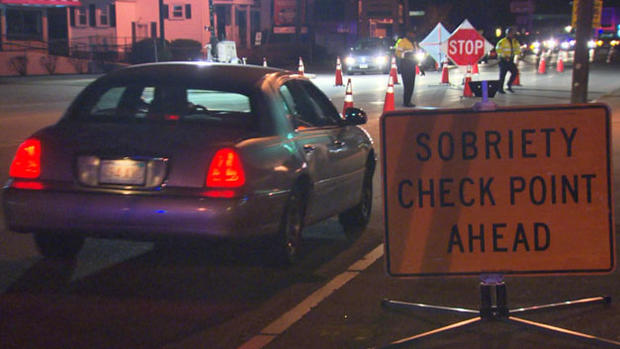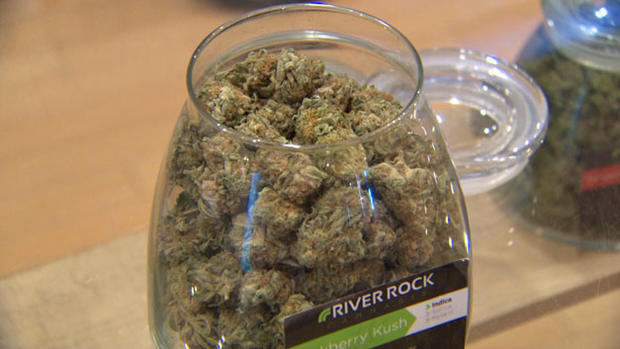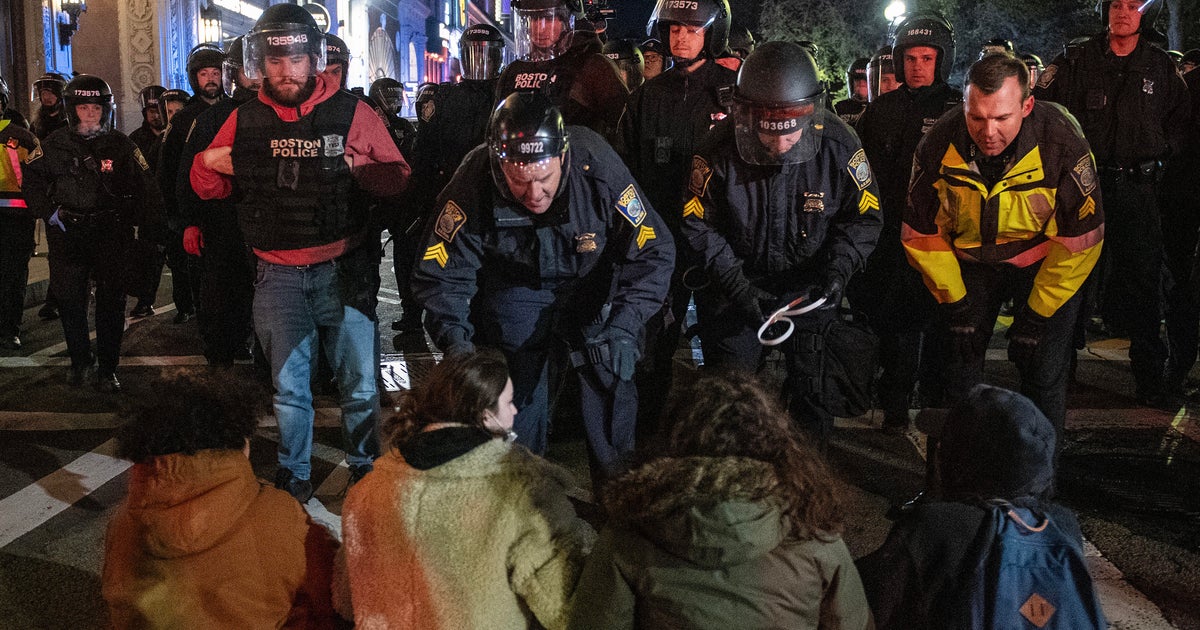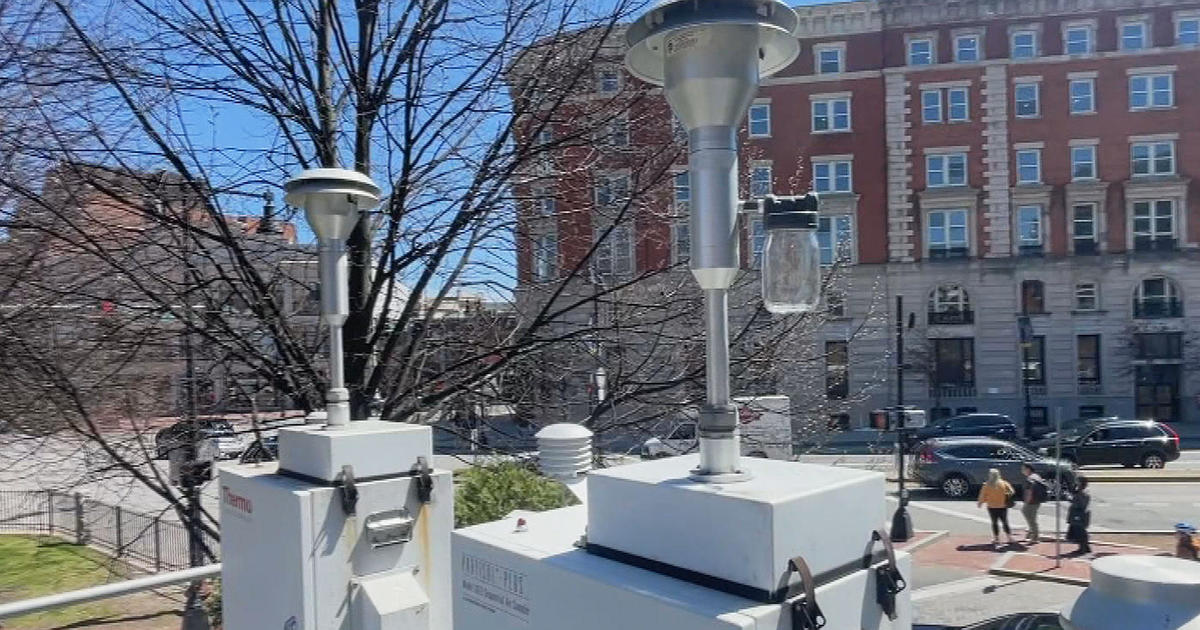I-Team: Police Face New Challenges With Legalized Marijuana
BOSTON (CBS) - Should marijuana be legal in Massachusetts? A November ballot question will leave it up to voters to decide. Supporters believe pot is less harmful than alcohol and adults should not be punished for choosing it. But a lot of questions remain, and many in law enforcement see nothing but trouble.
Police know all the tell-tale signs of someone who is drunk behind the wheel. Using field sobriety tests and breathalyzers, officers arrested several drivers at a sobriety checkpoint in Brockton last month. But if Massachusetts voters approve legal recreational marijuana, handling a DUI situation could be much trickier according to Walpole Police Chief John Carmichael. "We don't have standard field sobriety testing that's really associated with marijuana use," he said.
There are blood tests for marijuana, but drivers will likely not be forced to take it. There are also no standards to determine how much pot is too much to get behind the wheel. According to Professor Michael Milburn of UMass Boston, the way the body processes marijuana is another complicating factor. "Evidence of marijuana use can remain in the blood for weeks," he said.
Related: I-Team - Pot or Not
Varying degrees of impairment from marijuana also makes it difficult for law enforcement. According to professor Milburn, an occasional smoker could be more impaired than someone who uses pot more frequently, like a medical marijuana patient. "That could mean that people who are not driving impaired could get arrested," he explained. That's exactly what happened to Melanie Brinegar of Denver, soon after Colorado legalized marijuana. She was pulled over for an expired license plate. When police smelled pot she took a field sobriety test and gave a blood test. "It was 19 nanograms, which is four times the standard level in Colorado," she said.
A medical marijuana patient, Melanie insisted she was not impaired. Her case went to trial and she was found not guilty. "A jury of my peers realized that I was not impaired," she said. Melanie's case is not unique in Colorado. Juries across the state have found in favor of drivers who they believed were not impaired by their marijuana use.
While most experts agree marijuana does cause some degree of impairment, a recent report by the National Highway Traffic Safety Administration found drivers who smoked pot were far less likely to get into a crash than those who had been drinking.
Colorado has seen an uptick in traffic fatalities since the legalization of marijuana, but Andrew Freeman, the state's Pot Czar told us he has no idea if marijuana has anything to do with it. "It's going to take many, many years for us to track the data for us to know what kind of danger we are causing and if people really are driving high."
Walpole's Chief believes that is exactly why Massachusetts should hold off on Legalization. "Let's just wait and see what happens in Colorado over the next four or five years and see deep down, what the impact is going to be before we do this."





